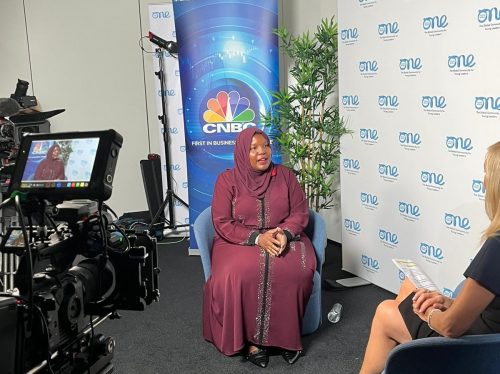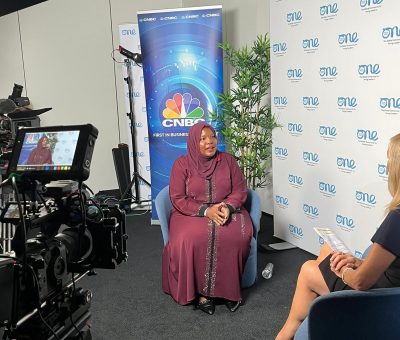Cervical cancer and sexual activity

The cervical cancer-causing human papilloma virus (HPV) is sexually transmitted. Therefore, in a bid to prevent the ailment or its effects, there is need to tackle the aspect of sexual activity. This could be how fast one starts engaging in sexual activity or even the number of sexual partners one has.
When girls engage in sexual activity at a young age and get HPV, it is likely to cause changes that make them highly susceptible to getting cancer of the cervix. That is why Dr Noleb Mugisha, an oncologist at Uganda Cancer Institute (UCI) says it is recommended that girls delay sexual activity until when they are older.
“The longer HPV is in one’s body, the more likely it can cause a cancerous change,” he explains.
Additionally, when one is younger, Dr Mugisha says their ability to fight off HPV is not yet fully developed hence likely to create more damage.
Cervical cancer and HIV
Cervical cancer has a one specific and very strong factor in HPV, it does not follow that everyone who has HPV infection will definitely suffer from cancer of the cervix. However, Dr Mugisha says that 99 percent of all cancers of the cervix will be associated with HPV.
Dr Mugisha explains that generally, cells in the body usually go through changes but it may not manifest on the way the cell looks like. However, in the cell DNA, changes are happening.
“Just like life, the cell DNA goes through random changes and some of these can make it become cancerous. It is in such cases where a risk factor behind the cancer cannot be traced,” he explains.
However, apart from HPV, there are other risk factors such as HIV and this greatly predisposes one to cancer of the cervix because of compromised immunity.
Usually, when an infection such as HIV, malaria, HPV gets into our body, it enters a cell making it abnormal. In our bodies, what mainly protects us from any infection is the inborn ability of our bodies to destroy any abnormal cells and thus destroy the infection as well.
When cells become cancerous, the body will also recognise them as abnormal cells and try to destroy them. However, when one gets HIV, Dr Mugisha says, it weakens the body’s ability to fight disease, especially infections. When this happens, an infection will easily persist or the body takes long to fight it off or never manages to fight it off. Therefore, this infection will either cause further illness or death to the person with HIV,” he explains.
“In some cancers, the body’s ability to fight is greatly compromised by HIV and these are called AIDS defying cancers such as kaposi’s sarcoma, cervical cancer and lymphomas. The immunity gets hit so hard that one is said to have acquired immune deficiency syndrome,” Dr Mugisha adds.
Prevention
Testing is crucial. If one finds out that they have HIV, Dr Mugisha says, one should start on anti-retroviral treatment so that their immunity is not affected. “That way, the risk of getting cancer of the cervix is reduced,” he says.
That said, people can also simply avoid the risk factor of HIV by abstaining from sex, using condoms or sticking to one sexual partner.


















